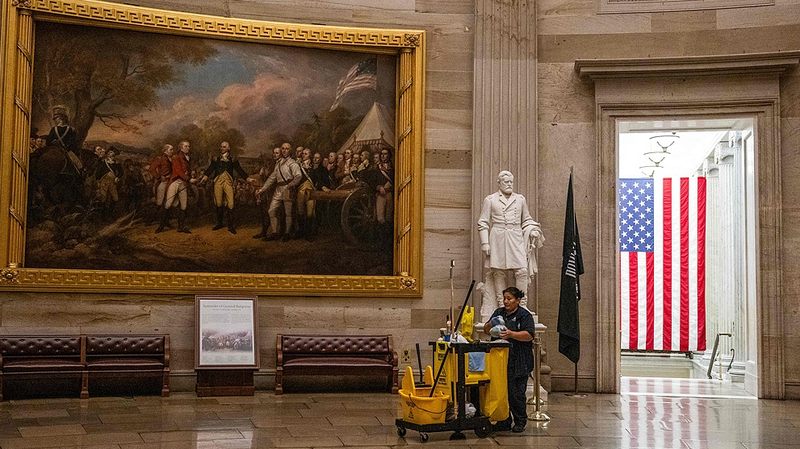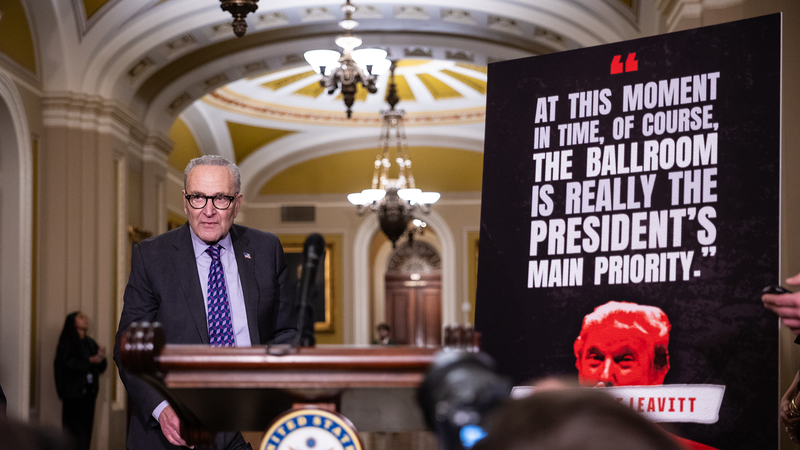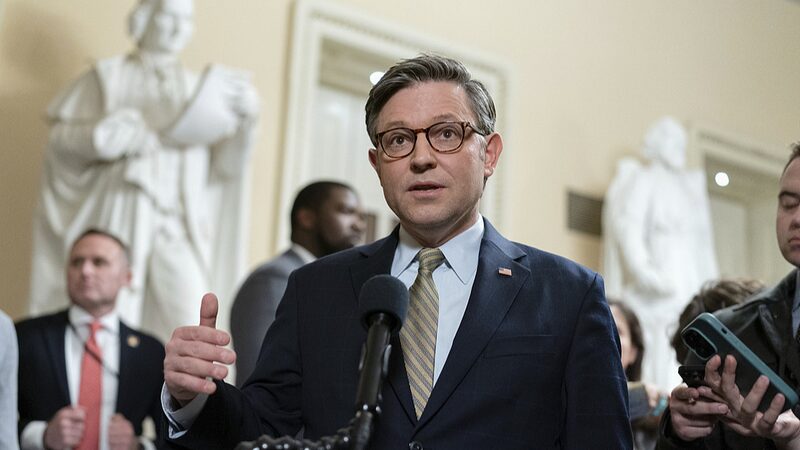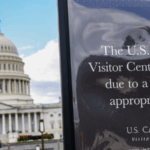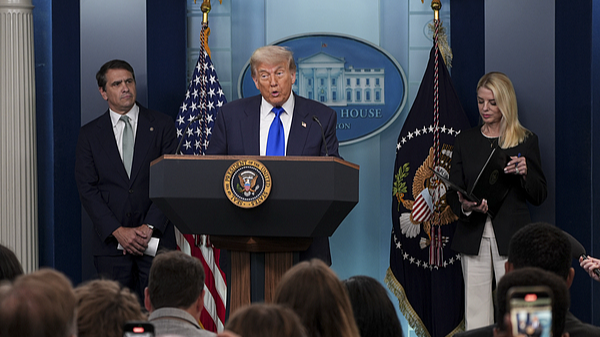The U.S. federal government entered its first shutdown in seven years early Wednesday amid a congressional stalemate over funding, triggering immediate disruptions to critical services and raising concerns about global economic stability. The impasse, driven by partisan disagreements on healthcare benefits and budget priorities, halted key operations ranging from air travel oversight to scientific research, while delaying vital economic data relied upon by investors worldwide.
Political Deadlock and Economic Fallout
Senate Democrats blocked a Republican-backed short-term funding bill late Tuesday, demanding stronger healthcare subsidies under the Affordable Care Act and expanded coverage for immigrants. Republicans accused Democrats of leveraging the shutdown for political gain ahead of the 2026 midterms. With 750,000 federal workers furloughed and U.S. troops facing delayed paychecks, the shutdown’s daily $400 million cost adds pressure to already strained markets.
Global Markets React
Asian stocks fluctuated as investors weighed the shutdown’s impact on delayed U.S. employment data and potential Federal Reserve policy shifts. Gold prices hit record highs amid safe-haven demand, while the dollar weakened. Analysts warn prolonged instability could exacerbate existing trade tensions and complicate recovery efforts in Asia’s export-driven economies.
Historical Parallels and Social Strain
The current shutdown echoes the 35-day closure during former President Trump’s term, which centered on border security disputes. This time, debates over healthcare and immigration have deepened divisions. University of Chicago professor Robert Pape noted the shutdown reflects a "radically changing" political landscape, with polarized factions complicating resolution efforts.
Federal workers face unpaid furloughs, and essential services—from financial regulation to national park maintenance—risk disruption. While short-term shutdowns historically see minimal market impact, prolonged closures could strain consumer confidence and amplify global economic uncertainties.
Reference(s):
cgtn.com
